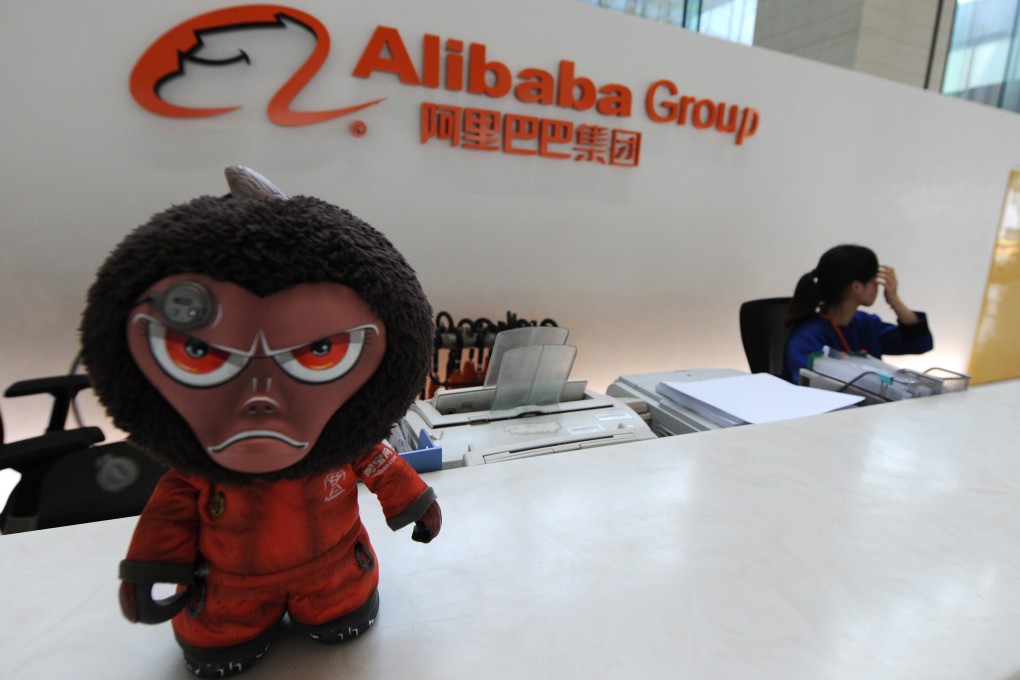Mr. Shangkong | What will it take for Hong Kong to host the next Facebook or Alibaba?
Government investment may not be enough to encourage young technology entrepreneurs

Let's talk about start-ups, probably the hottest thing being discussed this year from Silicon Valley to Beijing.
The world has been inspired by the rapid rise of internet businesses, whether it's the social media network leader Facebook or Uber, an innovative taxi-booking service. More accurately, I should speak of the fast revival - not rise - of internet businesses, following the bursting of the dotcom bubble in the early 2000s. We should always keep such lessons in mind, but that is no reason to be dismissive of these new businesses.
For the past few decades, Hong Kong has been considered one of the world's most important financial centres. The importance of the financial industry will remain. However, with rapid technological development, the way finance and our day-to-day matters will be conducted is heading for significant change - and cities with a global presence will want to lead the way on this front.
So far, Hong Kong has lagged its rivals in terms of technological development and innovation. Our mainland Chinese neighbours have done a better job. Hangzhou, previously best known for its beautiful lake, is now the home of Alibaba, the country's No 1 e-commerce giant. Shenzhen, for Hongkongers once just a place for cheap massages, hosts the key portal and social media network operator Tencent.
In the United States, it was estimated that more than 500,000 new businesses were launched every month and more than 11 million Americans started something on a part-time basis or quit their full-time jobs in the hope of launching the next big thing, according to industry magazine Fast Company. This passion for start-ups has made the US economy more dynamic.
In Hong Kong, Chief Executive Leung Chun-ying recently said in his annual policy address that he wanted to spend HK$5 billion boosting the local innovation and technology sector. The approach is clearly right, but the key question is how to spend the money wisely. Many success stories such as Facebook or Beijing-headquartered Xiaomi, known as the "Apple of China", were not funded by government money but venture capitalists.
